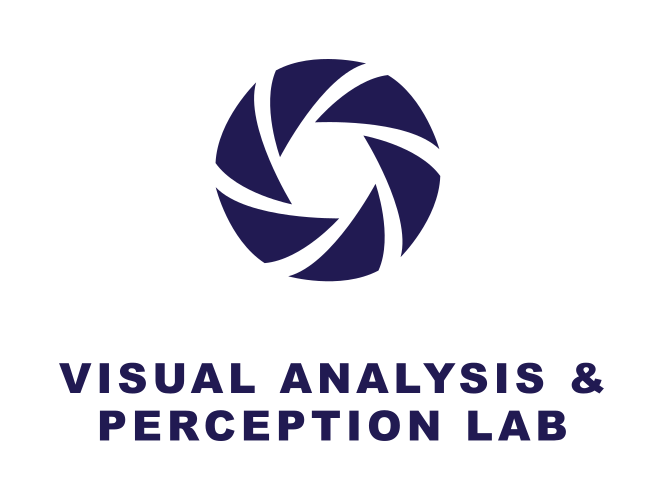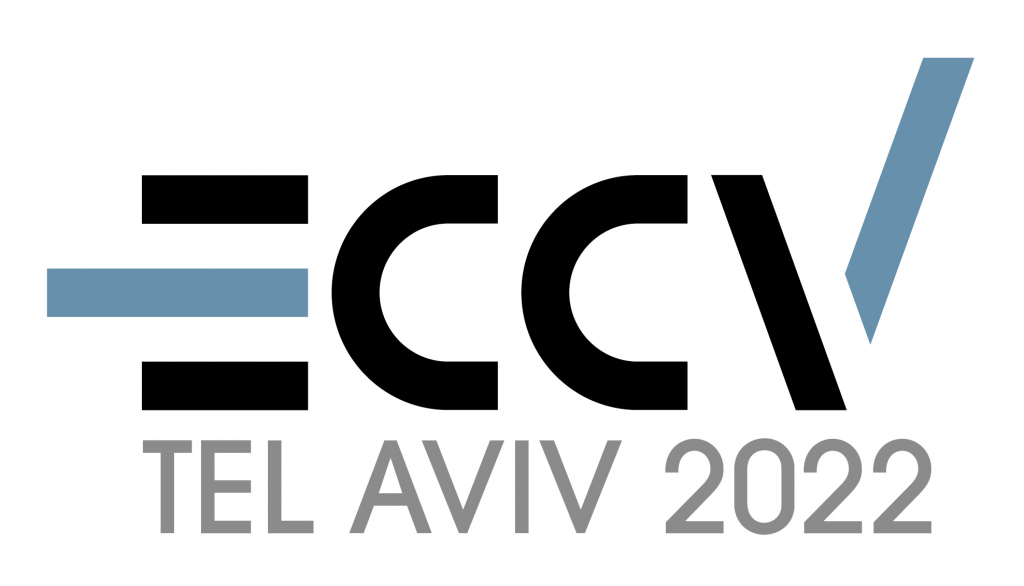
See the program
Call for Papers
Computer vision methods trained on public databases demonstrate performance drift when deployed for real-world surveillance, compared to their initial results on the test set of those employed databases. In this workshop, we are interested in papers reporting their experimental results on any application of computer vision in real-world surveillance, challenges they have faced, and their mitigation strategy on topics like, but not limited to:
• Object detection
• Tracking
• Anomaly detection
• Scene understanding
• Super-resolution
• Multimodal surveillance
Furthermore, the workshop has a special attention to legal and ethical issues of computer vision applications in real-world scenarios. We therefore also welcome papers describing their methodology and experimental results on legal matters (like GDPR) or ethical concerns (like detecting bias towards gender, race, or other characteristics and mitigating strategies).
Important Dates
Paper submission: – July 1st, 2022
Submission for challenge participants: – July 5th, 2022
Decision notification: – July 27th, 2022
Camera ready: – August 1st, 2022
Submission
Submitted papers are handled via CMT at this link.
Paper template and guidelines for the workshop are similar to those of ECCV and they can be found here.
Accepted papers will be included in ECCV proceedings and will be published by Springer.
Best Paper Award will be sponsored by Milestone Systems A/S
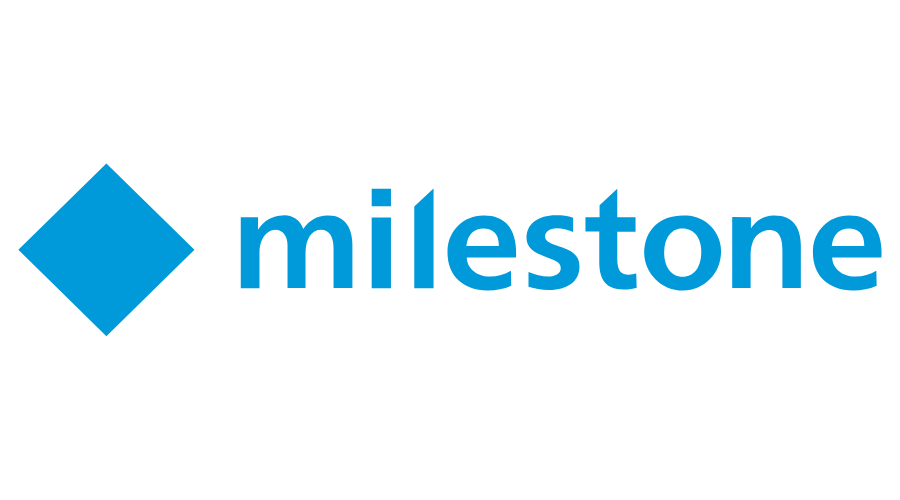
Challenge
The workshop includes a challenge on concept drift in object detection on the largest annotated public thermal database. More information can be found here.
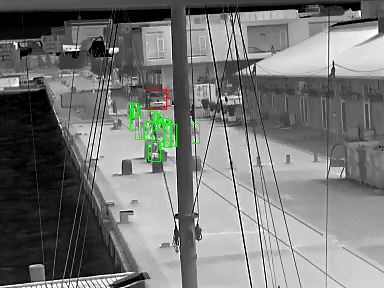
Keynote Speakers

Kate Saenko,
Director of the Computer Vision
and Learning Group,
Boston University
Talk: Feature and Concept Drift in Computer Vision

Arun Ross,
CILLAG Endowed Chair Professor,
Computer Science & Engineering,
Michigan State University
Talk: Enhancing Face Privacy Using
Semi-Adversarial Neural Networks
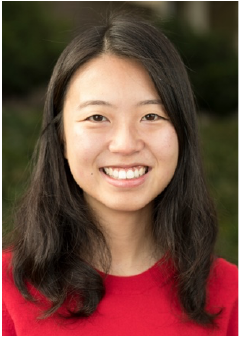
Serena Yeung,
Stanford University,
Talk: Bias and Privacy Considerations for
Computer Vision in Healthcare Applications
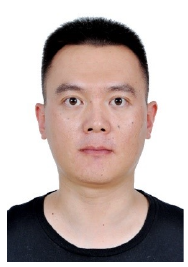
Hua Zhang,
Chinese Academy of Science
Talk: Identity-Preserving Face Anonymization
via Adaptively Facial Attributes Obfuscation

Matthew Turk,
President of Toyota
Technological Institute at Chicago
Talk: Perspectives on Bias
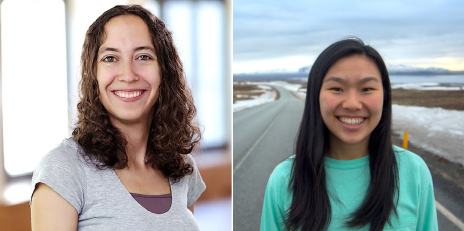
Olga Russakovsky and Angelina Wang,
Princeton University
Talk: Fairness in Visual Recognition
Organizers
Kamal Nasrollahi,
Aalborg University, Denmark
Milestones Systems, Denmark
Mail: kn@create.aau.dk
Sergio Escalera Guerrero
Universitat de Barcelona, Spain
Computer Vision Center, Spain
Aalborg University, Denmark
Mail: sescalera@cvc.uab.cat
Radu Ionescu
University of Bucharest, Romania
Mail: raducu.ionescu@gmail.com
Fahad Shahbaz Khan
Mohamed bin Zayed University of Artificial Intelligence, Abu Dhabi, United Arab Emirates
Linköping University,Sweden
Mail: fahad.khan@liu.se
Thomas Moeslund
Aalborg University, Denmark
Mail: tbm@create.aau.dk
Anthony Hoogs
Kitware, USA
Mail: anthony.hoogs@kitware.com
Shmuel Peleg
Hebrew University, Israel
Mail: peleg@mail.huji.ac.il
Mubarak Shah
University of Central Florida, USA
Mail: shah@crcv.ucf.edu
